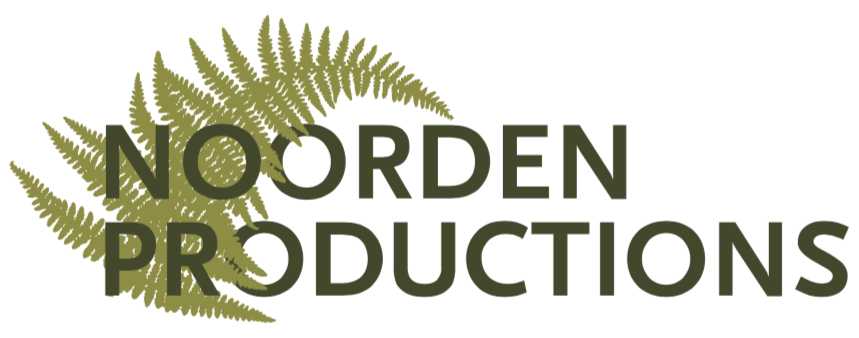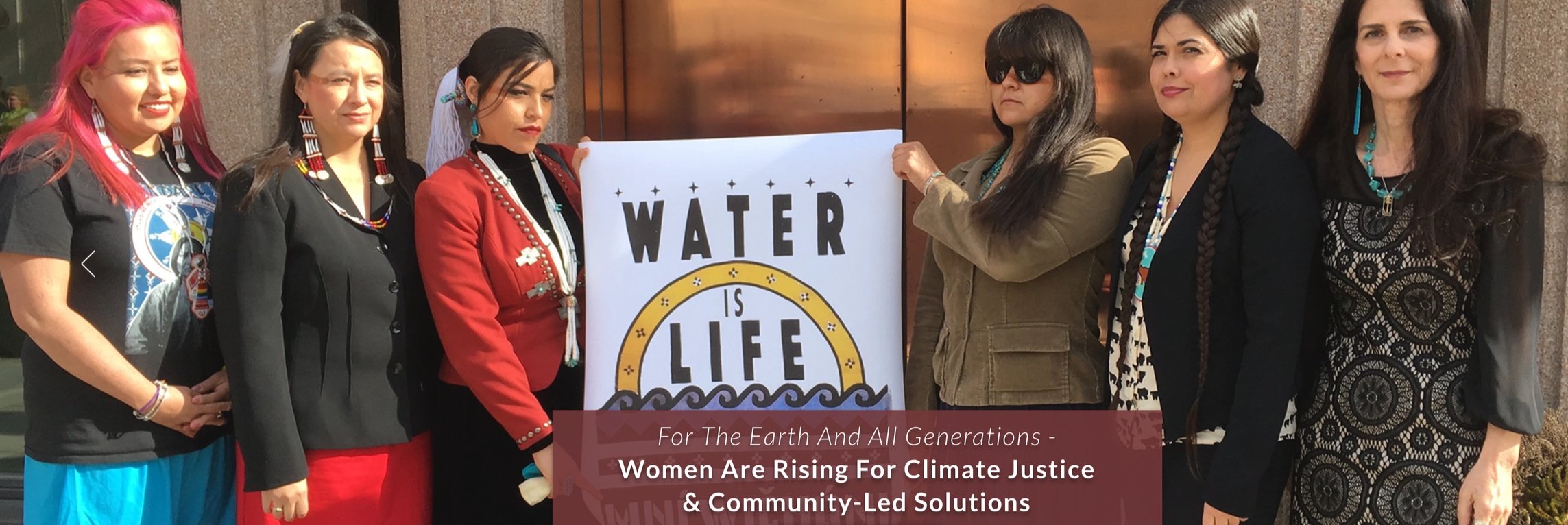Leila Philip is an American writer, poet and educator. She is the author of numerous award-winning books of nonfiction, as well as poetry, contributing articles, reviews and columns. In this episode of Nature Revisited, Leila discusses the beaver, the topic of her latest book Beaverland - How One Weird Rodent Made America. Though historical examples and a poignant personal narrative, Leila highlights how this tenacious animal plays an oversized role in American history, the environment, and its future.
Episode 117: Roger L. Di Silvestro - Return of the Bison
Author Roger L Di Silvestro is a professional conservationist, a former editor and writer for the National Audubon Society, and also worked for Defenders of Wildlife and the Oklahoma Department of Wildlife Conservation. In this episode of Nature Revisited, Roger discusses the topic of his latest book Return of the Bison, which tells the story of how this symbol of the American West was once almost lost to history and of the continuing journey to bring the bison back from the brink. Weaving in natural history and interesting historical contexts, along with the key role of America’s Indigenous people, Roger describes the complex history of the bison’s decimation and how a rising awareness of their possible extinction formed the roots of many modern wildlife conservation approaches.
Episode 116: Rosanna Xia - California Against the Sea
Rosanna Xia is an environmental reporter for the Los Angeles Times, specializing in stories about the coast and ocean. A Pulitzer Prize finalist in 2020 for explanatory reporting, her work has been anthologized in the Best American Science and Nature Writing series. In this episode of Nature Revisited, Rosanna discusses her book California Against the Sea, and the future of California's vanishing coastline in the face of rising water. The impacts of engineered landscapes, the market pressures of development, and the ecological activism and political scrimmages that have carved California's contemporary coastline are all factors clashing with the escalating effects of climate chaos. Is an equitable refashioning of coastal stewardship possible?
Episode 115: Geoff Nicholson - The Right To Roam
Geoff Nicholson is a British novelist and non-fiction writer known for subject matter concerning the relationship between people and things, which necessarily encompasses, consumerism, materialism, collecting, notions of value and fetishism. Two of his books, Walking on Thin Air (2023) and The Lost Art of Walking (2009) involve one of Nicholson's favorite pastimes: walking. In this episode of Nature Revisited, Geoff discusses what walking means to him, the Right to Roam laws enacted in the UK, walking as a feature in literature, and how walking is a profoundly universal aspect of what makes us human, social creatures, and engaged with the world.
Episode 114: Osprey Orielle Lake - The Story is in Our Bones
Osprey Orielle Lake is the Founder and Director of Women’s Earth & Climate Action Network, International (WECAN). She works with grassroots, Indigenous and business leaders, policy-makers and scientists to promote climate justice, resilient communities, and a just transition to a clean energy future. In this episode of Nature Revisited, Osprey discusses her new book The Story is in Our Bones - How Worldviews and Climate Justice Can Remake a World in Crisis. Weaving together ecological, mythical, political and cultural understandings, Lake reminds us that another world is possible, and seeks to summon a new way of being and thinking in the Anthropocene age.
Episode 113: Laura J. Martin- Wild By Design
Laura J. Martin is a prize-winning author, historian, and ecologist who studies how people shape the habitats of other species. Her work has been featured in the New York Times, Scientific American, Slate, and The Atlantic. In this episode of Nature Revisited, Laura discusses her book Wild by Design: The Rise of Ecological Restoration, which delves into the history, science, and philosophy of designing natural places and creating wild species. Over time, ecologists, interest groups, and government agencies have coalesced around a mode of environmental management that seeks to respect the world-making and decision-making of other species, but is it possible to design nature without destroying wildness? Laura asks us what it means to be wild and calls for ecological restoration that is socially just.
Episode 112: Gary Paul Nabhan - Agave Spirits
Gary Paul Nabhan is an agricultural ecologist, ethnobotanist, and award-winning author whose work focuses primarily on the plants and cultures of the desert American Southwest. Considered a pioneer in the local food movement and the heirloom seed saving movement, he is the author of many books including Agave Spirits, which explores the world of Mezcal production. In this episode of Nature Revisited, Gary introduces us to mezcal’s sacred dimensions, ceremonial uses, probiotic benefits, and its deep-rooted cultural traditions. Distinct from other spirits due to its variety, mezcal is derived from numerous agave species and crafted through traditional methods that incorporate local flavors and elements, resulting in a unique “taste of place.”
Episode 111: Susan Poizner - Urban Orchardist
Susan Poizner is an award-winning author, journalist, urban orchardist, and fruit tree care educator based in Toronto, Canada. She trains arborists, master gardeners, and community and home orchardists in fruit tree maintenance. In this episode of Nature Revisited, Susan delves into the value of fruit trees in city landscapes, highlighting the aesthetic and health benefits that urban orchards contribute to city living, and how urban orchards provide direct access to fresh produce while bolstering environmental consciousness.
Episode 110: Wallace J. Nichols - Blue Mind
Dr. Wallace J. Nichols is a scientist, activist, community organizer, and author helping people re-establish healthier, more creative and regenerative relationships with themselves, each other and their environment through water, wonder, wellness and wildlife. His work has been broadcast on NPR, BBC, PBS, National Geographic and Animal Planet, as well as numerous popular periodicals. His most recent work is Blue Mind: The Surprising Science That Shows How Being Near, In, On, or Under Water Can Make You Happier, Healthier, More Connected, and Better at What You Do. In this episode of Nature Revisited, Wallace delves into his lifelong relationship with water and how it has shaped his career and personal philosophy. Drawing inspiration from Melville's Moby Dick, the esteemed neurologist Dr. Oliver Sacks, and much more, Nichols articulates the concept of “Blue Mind”—a state of being that celebrates the serene connection and health benefits that water provides, echoing a sentiment revered across various cultures and spiritual traditions.
Episode 109: Linda Hogan - Voice Of The Spirit
Linda Hogan is an American poet, writer, academic, environmentalist and member of the Chickasaw Nation. Intimately connected to her political and spiritual concerns, Hogan’s poetry deals with issues such as the environment and eco-feminism, the relocation of Native Americans, and historical narratives, including oral histories. In this episode of Nature Revisited, Linda recites some of her poems and talks about being raised as part of the Chickasaw community, her discovery and pursuit of contemporary poetry, and how the power of words can express and reconnect us with the wonders of nature.
Episode 108: Colton Carlson - Nature's Embrace
Colton Carlson is a retired US Marine who lost his legs from injuries sustained during a tour of duty in Afghanistan. Originally from Colorado, home of The Rocky Mountains, Colton joins us from his home in Vermont, where he and his family settled after Colton earned a degree in Mathematics from Dartmouth. In this episode of Nature Revisited, Colton talks about his life before and after his assignment, his life-changing incident on duty, and how his love of nature helped him overcome immense challenges to reclaim his health, independence, and pursuit of outdoor activities and sports including his passion: mountain climbing.
Episode 107: Rue Mapp - Outdoor Afro
Rue Mapp is the Founder and CEO of Outdoor Afro, a national not-for-profit organization that has become the nation's leading, cutting-edge network in celebrating and inspiring Black connections and leadership in nature. She is also the author of Nature Swagger, a book showcasing Black joy and strength in spaces from which they have either historically been excluded, or less represented, and makes for an inventive and uplifting celebration of Black joy in nature. In this episode of Nature Revisited, Rue recounts the formative experiences growing up in Oakland, CA - as well as the greater Bay Area - that instilled in her a love of nature and a strong desire to help make empowering experiences in nature available to the Black community.
Episode 106: James Canton - Sacred Grounds
James Canton is an author and lecturer whose writing is mainly concerned with the ties between nature, literature and the environment. Often involving exploring the distant past, his books include Ancient Wondering, From Cairo to Baghdad, and The Oak Papers. His most recent book Grounded takes him on a journey through England, considering the private markers in the landscape which are sacred to individuals and which connect us to the people from our past. In this episode of Nature Revisited, James reveals how our ancient ancestors were not as primitive as we might imagine, as well as what we can learn from - and how we're connected to - the sacred sites and grounds of our landscapes.
Episode 105: J. Drew Lanham - The Home Place
Joseph Drew Lanham is an ornithologist, naturalist, writer, and poet combining conservation science with personal, historical, and cultural narratives of nature. Lanham's research and teaching focuses on the impacts of forest management on birds and other wildlife. He brings this ecological knowledge as well as his perspective as a Black man living in the South to bear on his work as a storyteller, poet, and passionate advocate for bird-watching, outdoor recreation, and environmental conservation and stewardship. In this episode of Nature Revisited, Drew discusses the inspirations for his award-winning book The Home Place - Memoirs of a Colored Man's Love Affair With Nature. With meditations on nature and belonging, he explores the contradictions of Black identity and how he finds joy and freedom in the same land his ancestors were bound to.
Episode 104: Scott Chaskey - Soil and Spirit
Scott Chaskey is a farmer, poet, and pioneer of the international Community Supported Agriculture (CSA) movement. Weaving together his passion for farming and prose, Scott has penned multiple books on the community farming movement, creating a road-map for Americans who want to live off the land as a community. In this episode of Nature Revisited, Scott recounts the formative events of his life which led him to his love of gardening, farming, and the land - experiences recounted in his collection of essays Soil and Spirit. From Maine to Cornwall, England, planning rotations of fields and tending to crops and their ecosystems, Chaskey cultivated a longstanding commitment to food sovereignty and organic farming with a belief that humble attention to microbial life and diversity of species provides invaluable lessons for building healthy human communities.

































